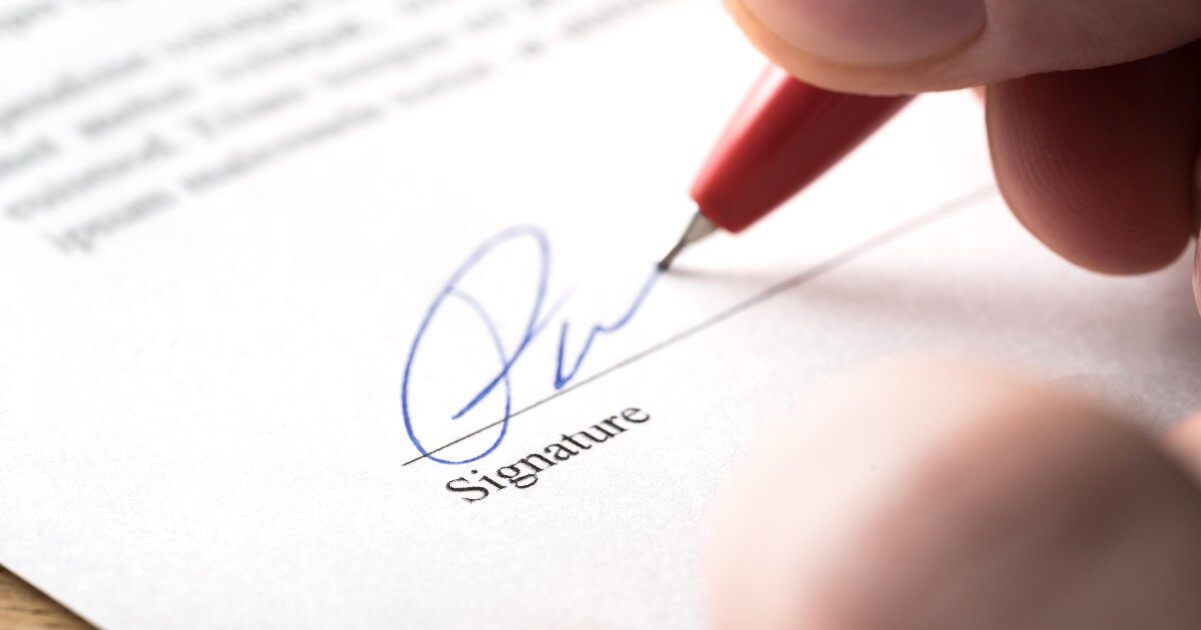Liability waivers are a common part of participating in various activities, but what happens if you suffer injuries after signing one? It is crucial to explore and understand the complexities surrounding liability waivers, their limitations, and whether individuals can still pursue legal action if they sustain harm despite signing such agreements.
An experienced personal injury lawyer will offer valuable guidance in understanding how liability waiver works and navigating these complexities. Understanding the nuances of liability waivers is essential for those seeking legal recourse after an injury in California. The article delves into the factors that influence the functioning of liability waivers and how they impact individuals who have signed them.
- The Purpose of Liability Waivers
The purpose of liability waivers, often called assumption of risk agreements, is to establish a legal contract between individuals and the organizers, companies, or entities hosting specific activities or events. These waivers are common in various settings, such as sports, recreational events, or particular businesses.
By signing a waiver, participants acknowledge and agree that they will not hold the organizer responsible or liable for event-related injuries or accidents that may occur while engaging in the activity. The primary goal of these waivers is to shield the organizers or entities from potential legal claims in the event of participant injuries during the event.
However, if you’re wondering, after signing a waiver, do i still have a case? In the event of an injury, it does not necessarily prohibit you from filing a lawsuit, but your lawyer needs to investigate the incident to determine what’s possible. Talking with a personal injury attorney immediately is crucial for guidance and assessing your legal options.
- Signing a Waiver Doesn’t Always Bar Legal Action
Signing a waiver doesn’t necessarily bar legal action. Contrary to common belief, signing a liability waiver doesn’t automatically prevent you from pursuing legal action if you get injured. The liability waiver serves as a risk acknowledgment and can limit your ability to sue, but it doesn’t guarantee absolute immunity for the organizer or company.
However, a liability waiver may prevent participants from pursuing legal action if their injuries are due to a reasonably foreseeable risk. Remember that liability waivers do not absolve companies from their duty to provide a safe environment. For instance, if your injury resulted from a company’s, owner’s, or operator’s gross negligence, you may still be entitled to sue.
- Foreseeable vs. Unforeseeable Risks
The enforceability of a liability waiver hinges on whether the risk that caused your injury was reasonably foreseeable. Understanding the distinction between foreseeable and unforeseeable risks is vital when evaluating the impact of injuries sustained as a participant after signing a liability waiver. Suppose the injury resulted from a risk explicitly mentioned in the liability waiver or inherent to the activity, such as slipping on a wet floor at an ice-skating rink. In that case, the liability waiver may hold up in court.
However, injuries stemming from unforeseeable risks or those not covered in the waiver can potentially invalidate its enforceability. In such cases, the expertise of an experienced personal injury lawyer becomes invaluable in assessing the waiver’s validity and pursuing legal action when appropriate.
- Gross Negligence Exception
Liability waivers are typically binding for participants in various activities, even when injuries occur. However, the gross negligence exception can be crucial in determining the waiver’s validity. Gross negligence represents a severe breach of duty marked by reckless disregard for safety, and if proven, it can render the liability waiver ineffective.
Understanding this exception is vital in cases where accidents result from actions tantamount to gross negligence, as it may void a waiver and open the door for legal action. For example, if a sports facility fails to maintain basic safety standards and a participant sustains a severe injury, the gross negligence exception could come into play.
The role of a reliable personal injury attorney is invaluable when investigating and establishing gross negligence in cases involving liability waivers. These attorneys have the expertise to scrutinize the circumstances surrounding the injury, gathering evidence to demonstrate reckless disregard for safety. Doing so can create an avenue for legal action even when a waiver is in place.
- Legal Guidance is Critical
When navigating the complexities of liability waivers in the aftermath of an accident or injury, seeking legal guidance from a personal injury lawyer on the possibilities of pursuing compensation is crucial. These legal professionals possess the expertise to decipher the intricacies of liability waivers, evaluate their enforceability, and determine whether exceptions, like gross negligence or ambiguous language, apply.
Your lawyer will analyze the specific circumstances, gather evidence, and provide you with informed advice on the viability of pursuing legal action. Having a personal injury lawyer by your side protects your rights, and you can make informed decisions regarding potential legal recourse.
Maximize Your Comp’ Chances with a Personal Injury Lawyer After Signing a Liability Waiver
It’s essential to recognize that signing a liability waiver doesn’t equate to forfeiting your rights entirely. If you’ve suffered an injury after signing such an agreement, the fight for justice is not over. Consulting a reliable and experienced personal injury lawyer becomes paramount. They possess the knowledge and expertise to help you navigate the intricate web of liability waivers, assess exceptions like gross negligence, and pursue the justice you deserve. With their guidance, you can stand up for your rights and seek compensation claims for your injuries.
